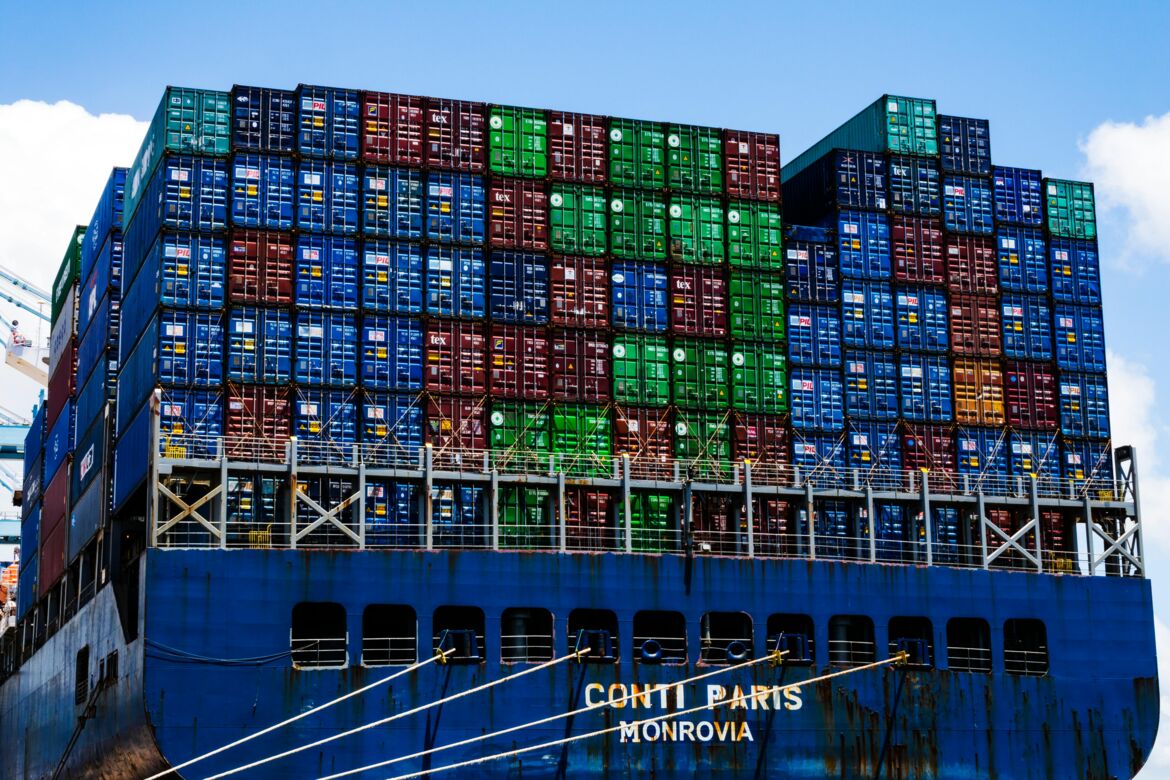November 2024 | Reading time: 5 Min.

The Procurement Summit 2025 highlighted supply chain resilience as a top priority for businesses worldwide. As a leading event for procurement and supply chain professionals, it showcased innovative strategies to address the challenges of an uncertain global economy. In a world increasingly characterized by ongoing crises, a strategic transformation in procurement has become essential for ensuring long-term stability and competitiveness.
The pandemic exposed significant vulnerabilities in global supply chains, with fluctuating consumer demand, disrupted production cycles, and rising transportation costs causing severe shortages.

Geopolitical conflicts and the urgency to reduce emissions have further exacerbated these issues, while regulations like the Supply Chain Due Diligence Act have increased pressure on businesses to rethink their management systems. To address these challenges effectively, companies must identify critical risk areas in their supply chains and adopt innovative strategies to mitigate them.
Key risks include reputation damage, supply chain disruptions, and compliance violations. Companies risk losing public trust if they fail to address issues like human rights violations or environmental non-compliance. Meanwhile, material shortages, rising energy costs, and labor shortages can significantly disrupt operations, especially for businesses without resilient supply networks. Stricter regulations demand comprehensive adherence to environmental and human rights standards, with non-compliance resulting in both financial and reputational penalties.
One of the most effective ways to build resilient supply chains is by integrating sustainability into procurement processes.

Studies show that businesses with sustainable practices are better prepared for crises. They benefit from stronger supplier relationships, enhanced transparency and greater stakeholder trust. Furthermore, sustainable practices can lead to long-term cost savings. For example, investments in renewable energy and recycling reduce dependencies and operating expenses, positioning businesses as leaders in a future-ready economy.
Data-driven strategies and collaboration with suppliers are also critical for creating robust supply chains. By continuously analyzing supply networks, companies can identify vulnerabilities early and establish shared standards to enhance transparency.
Digital technologies simplify the management of complex supply chains, enabling faster and more informed decision-making.
Resilience is no longer optional; it is a necessity. Businesses that proactively implement innovative strategies can minimize risks while unlocking new opportunities. The procurement landscape is undergoing a technological revolution, with big data, artificial intelligence, and agile practices playing central roles.
